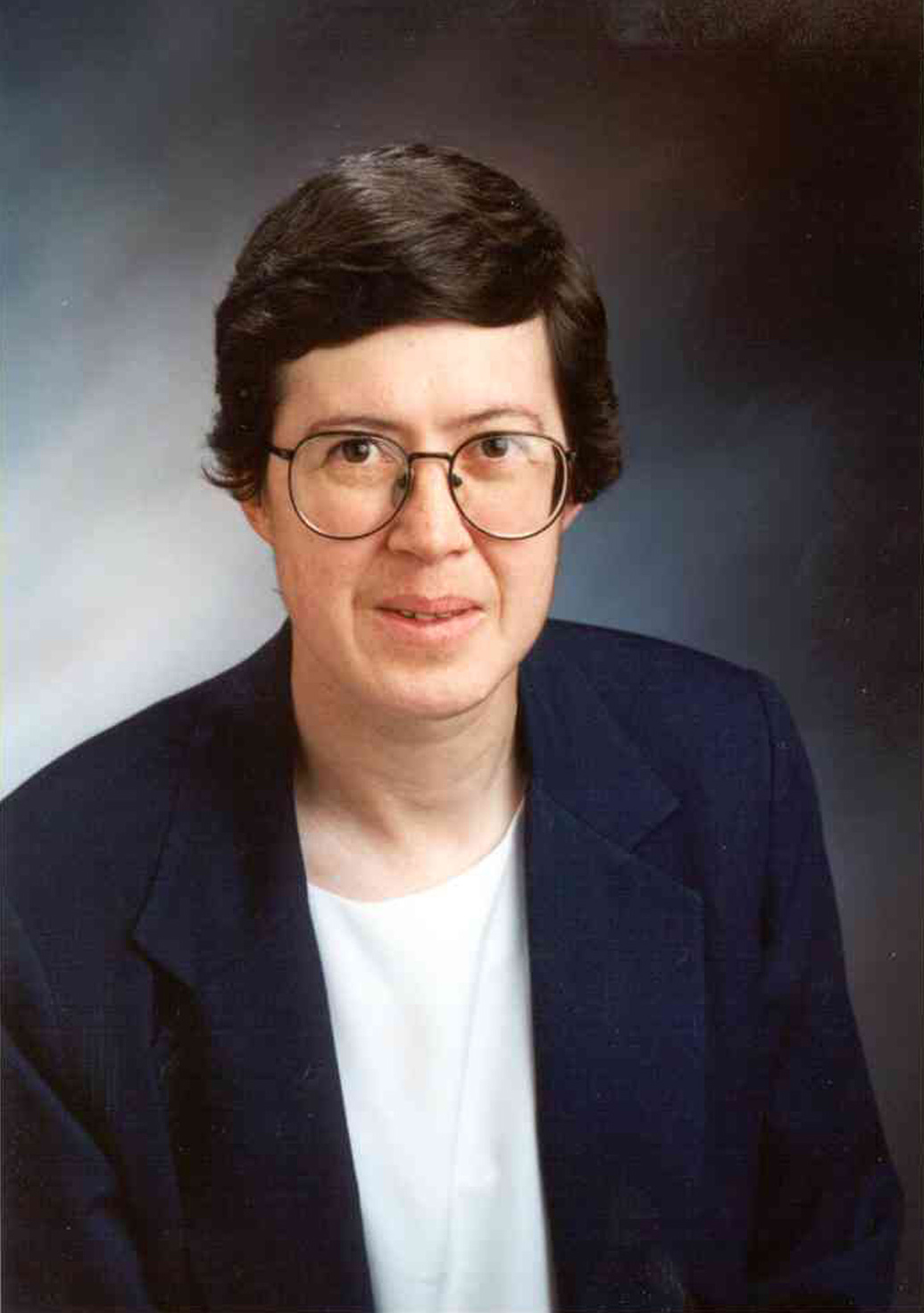Contact: Phil Hearn

STARKVILLE, Miss.--A Mississippi State chemical engineering professor is receiving $400,000 over five years as a recipient of the National Science Foundation's most prestigious award for junior faculty members nationwide.
Priscilla Hill, an assistant professor in the university's Dave C. Swalm School of Chemical Engineering, has won a 2005 NSF Faculty Early Career Development Award to support her research and education in the field of particle technology.
"The CAREER award is the most prestigious NSF award given to new faculty, and is a testament to the outstanding research and teaching program that Dr. Hill has established here at Mississippi State," said Kirk Schulz, dean of the university's Bagley College of Engineering.
NSF funds about 11,000 grants per year totaling more than $5 billion. The CAREER awards program funds 300-400 awards annually for a total of approximately $83 million. In the CAREER program, each grant or award goes to a single researcher.
Hill, who will receive $400,000 over a five-year period, is the first member of MSU's chemical engineering faculty to receive the major honor.
The CAREER award was established by the NSF in 1994 in recognition of the critical roles played by faculty members in integrating research and education, and in fostering the natural connections between the processes of learning and discovery.
The program offers NSF's most prestigious awards for junior faculty members, and embodies NSF's commitment to encourage faculty to practice integration of research and education. The program's intent is to provide stable support at a sufficient level and duration to enable awardees to develop careers as outstanding teacher-scholars within the mission context of their respective organizations.
Hill received the award for her research on "A Multi-scale Approach to Particle Breakage in Stirred Vessels and Its Integration into Education."
"My NSF research will study the agitation of slurries in vessels to determine the effect of breakage on the resulting particle sizes and shapes," the professor explained. "This is important to industry since the product quality of many materials strongly is dependent on the size and shape of the particles.
"This research is expected to lead to simulation tools that can be used in designing chemical processes containing particulates," she added. "Process applications span a range of industries that include fertilizer, food, chemical, petrochemical, and pharmaceutical."
Hill came to MSU in 2001 after faculty stints at the University of Minnesota-Duluth from 2000-2001 and the University of Massachusetts in the spring of 1996. She worked as a senior consultant for development and engineering research at the Mitsubishi Chemical Corp. in Japan from 1996-2000.
Hill received bachelor's and master's degrees in chemical engineering from Clemson University in 1982 and 1984, respectively, and a doctorate in chemical engineering from the University of Massachusetts in 1996. She is a member of several professional societies and is widely published in her field.
NEWS EDITORS/DIRECTORS: For more information, contact Dr. Hill at (662) 325-8249 or phill@che.msstate.edu; or Julie Lemons at 325-8098 or jlemons@engr.msstate.edu.